Digital twin technology creates an interactive virtual replica of a physical object, system, or process, linked to its real-world counterpart through data and sensors. This project will develop an interactive, web-based Digital Stormwater Learning Lab that highlights campus stormwater control measures (SMP) and best management practices (BMP). It will connect students to the significant investments the University has made in campus sustainability, while monitoring the long-term performance of these investments.
Each digital twin will consist of an interactive 3D model and 360° tour of the site, which will be embedded with detailed information on the SMP/BMP's design, function, and cost. Users will also be able to engage with simplified storm simulations to understand hydraulic and water quality performance, test their knowledge with quizzes, and ultimately earn a certificate by completing all the related educational modules. UK’s Environmental Quality
Management (EQM) lists over 50 university stormwater-related courses that may be served with this tool.
Team:
- James Shelley, Research Communications Specialist, Kentucky Water Research Institute
- Steve Evans, Associate Director, Kentucky Water Research Institute
- Lindell Ormsbee, Professor, Earl Parker Robinson Chair, Civil Engineering
- Sahar Alameh, Assistant Professor, STEM Education
- Diana Byrne, Assistant Professor, Civil Engineering
- Lee Moser, Extension Associate Senior, UK-Cooperative Extension Service
- Kevin Lewis, Water Quality Compliance Manager, Environmental Quality Management
- Kenton Sena, Senior Lecturer, Lewis Honors College
- Alan Fryar, Professor, Earth and Environmental Sciences
- Tiffany Messer, Associate Professor, Biosystems and Agricultural Engineering, Gatton Foundation Endowed Chair
- Tracey Miller, Assistant Professor, Landscape Architecture


